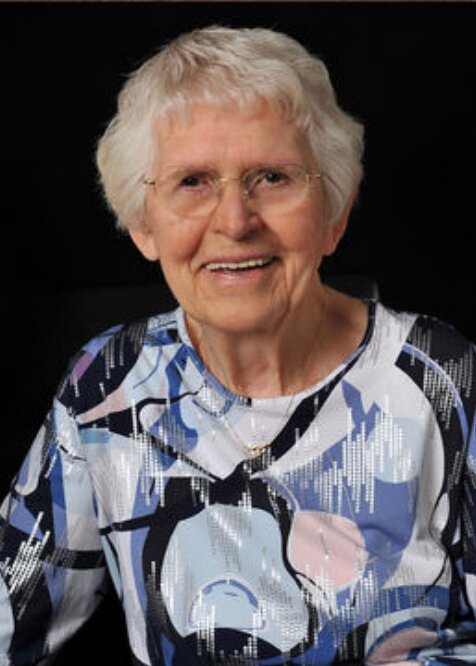


Significant gender inequities persisted throughout the period, as women typically had more limited life-choices, access to employment and trade, and legal rights than men. She identifies a deterioration the status of women in the Middle Ages, although they retained strong roles in culture and spirituality. Henrietta Leyser argues that women had much informal power in their homes and communities, although they were of officially subordinate to men. However, the position of women varied according to factors including their social class whether they were unmarried, married, widowed or remarried and in which part of the country they lived. Medieval England was a patriarchal society and the lives of women were heavily influenced by contemporary beliefs about gender and authority. 1170 using a spindle and distaff, while caring for a young child The result is admirable and exemplary.A depiction of an English woman c.

Steinbach maintains a clear chronological approach within each theme, and writes plain prose, not feminist polemic. it offers a fresh and lively interpretation of women's lives between the reign of George III and the First World War.- SUNDAY HERALD, Steinbach is an American academic, but the book is refreshingly free of the compound nouns and tortured syntax that usually characterise that calling. This book offers a skillful synthesis of a range of published material relating to working women of all social classes- HISTORY TODAY, The book is well researched and lavishly illustrated. The result is admirable and exemplary.', A readable and fresh account of women's lives between the reign of George III and the First World War. Steinbach shows the tension between the political, legal and cultural restrictions against women and the impressive range of activities in which they nevertheless engaged.- DAILY TELEGRAPH, A grand sweep of a book, a well-researched, freshly written and unexpectedly entertaining look at "the lost 19th century" from women's points of view- INDEPENDENT, 'Steinbach is an American academic, but the book is refreshingly free of the compound nouns and tortured syntax that usually characterise that calling.

Steinbach's lively survey brings together the results of researches to offer a revealing portrait of women's lives in every class and all areas of life- SCOTSMAN, engaging book.


 0 kommentar(er)
0 kommentar(er)
